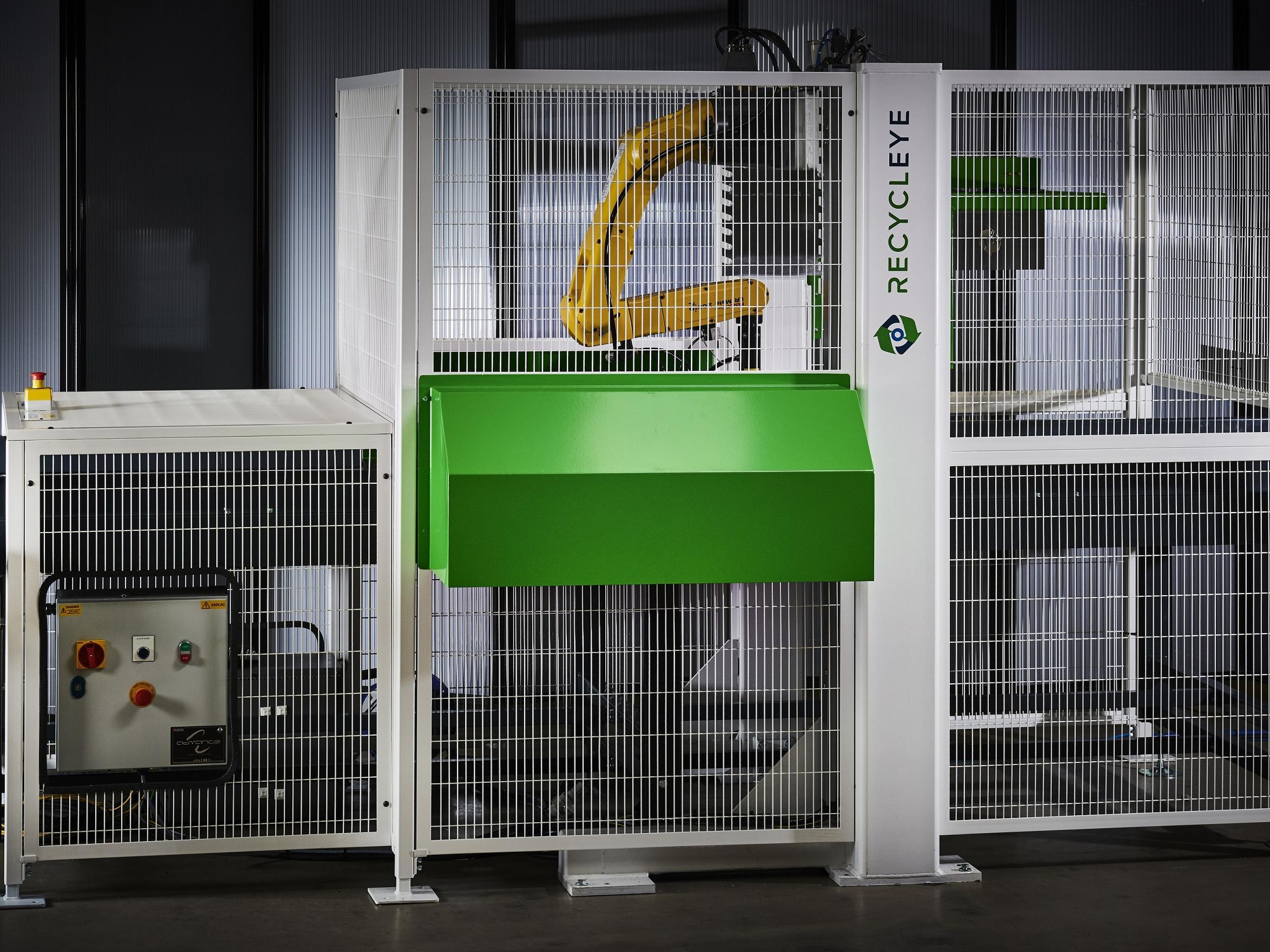
Posted to News on 21st Apr 2021, 09:20
Partnership out to automate recycling industry
FANUC targets waste management by partnering with Recycleye

Over the past 12 months, waste management start-up Recycleye has combined its AI computer vision technology with the 60-plus years' experience of FANUC in automation to deploy and scale Recycleye Robotics, an AI-powered robotic waste-picking system.
To date, the limited availability of scalable recognition technologies has pushed the waste management industry towards a reliance on manual waste pickers to identify and extract high-value materials, states FANUC. “However, in recent years, the economic efficiency of manual sorting has been challenged, due to increased stringency in international quality standards on the purity of imported recycled waste.
"As such, the demand for an affordable automated sorting solution to ensure purity standards are met, is rising. Together, FANUC and Recycleye have addressed that demand to deliver intelligent automation to the industry.”
Total throughput 'doubled'
Recycleye Robotics performs the physical tasks of identifying, picking and placing material, at a rate of 55 successful picks per minute, it is reported. “The solution automates current manual operations and enables facilities to double their total throughput.
FANUC’s team of expert automation engineers designed Recycleye Robotics to weigh 75% less than any existing robotic waste picker currently in the market. The plug-and-play installation eliminates traditional expensive retrofit costs,” adds the company.
Deploying a vision
Recycleye Robotics is powered by Recycleye Vision, an AI vision system, which has been deployed across the UK and French markets, identifying and classifying all items on waste streams – by material, object and even brand.
Recycleye Vision works to constantly train and learn new object detection, enabling the robotic waste picking system to adapt to changing waste composition, without any need for manual upgrades.
The modular robotic picking system has already been deployed at two UK material recovery facilities, on multiple plastic and paper sorting lines, and deployments in France are scheduled for later this year.

































